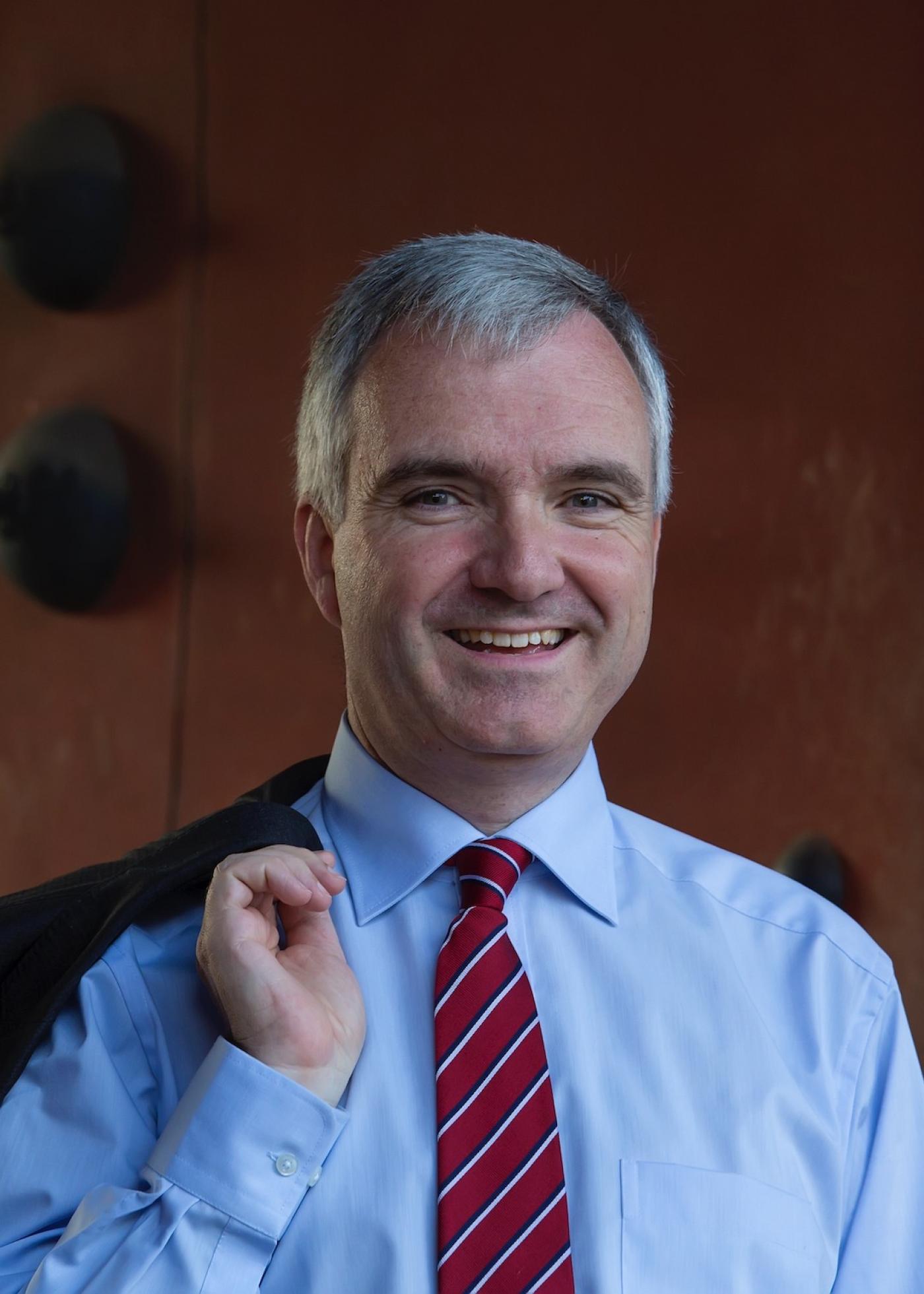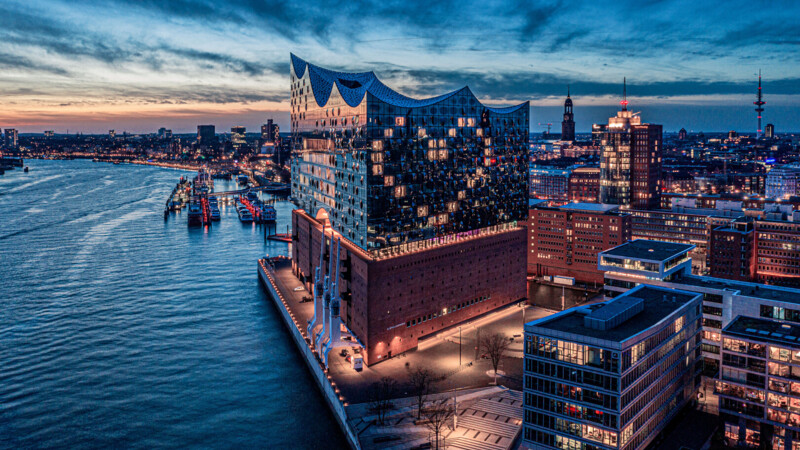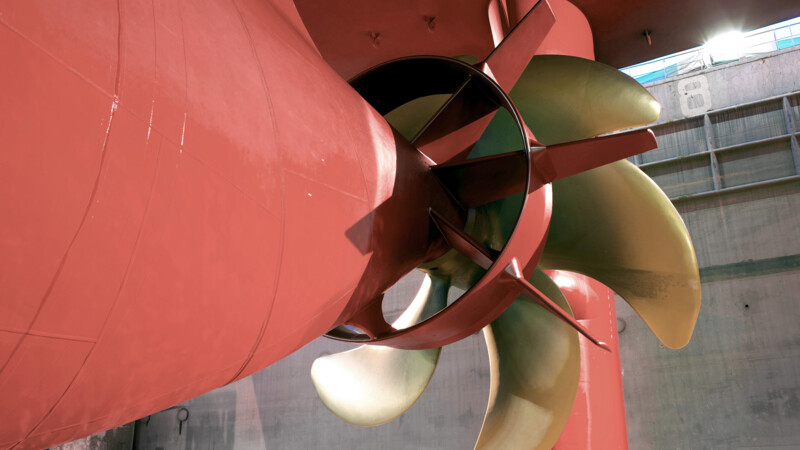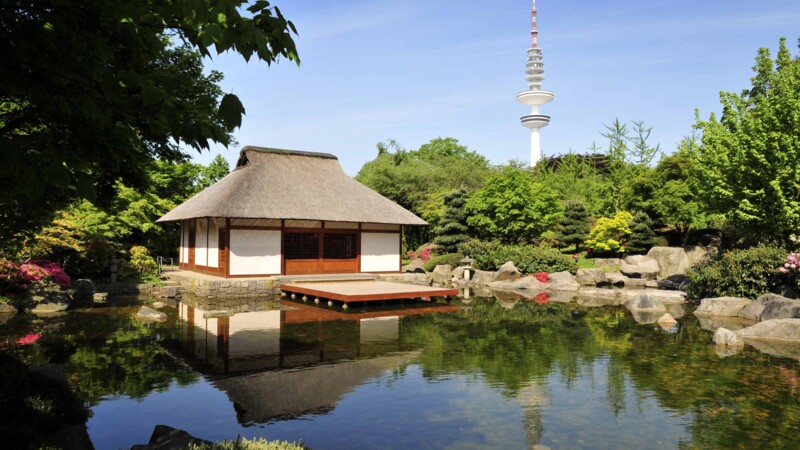Hamburg News: Lieber Herr Boltze, das Coronavirus hält die Welt nach wie vor in Atem, wie beurteilen Sie die aktuelle Stimmung in Japan?
Nikolaus Boltze: Als Insel hat Japan schon sehr früh (vor Omikron) seine Grenzen geschlossen und eigentlich nur wegen den Olympischen Spielen im Sommer 2021 wenige Ausnahmen gemacht. Das tägliche Leben geht hier relativ normal weiter – Mit Ausnahme der Reisebeschränkungen gab es nur wenige Einschränkungen, die wirklich scharf umgesetzt wurden. Mit großer Disziplin werden die Maßnahmen befolgt und nur selten öffentlich hinterfragt oder gar kritisiert. Es geht jetzt darum auch die 6. Welle abzuwettern, die sich seit dem Jahreswechsel täglich höher auftürmt.
Hamburg News: Die Regierung hat Ende 2021 ein enormes Hilfsprogramm auf die Beine gestellt, 430 Milliarden Euro, zehn Prozent der Wirtschaftsleistungen. Welche Branchen profitieren besonders davon?
Boltze: Zu den wichtigsten Maßnahmen, die durch das Programm finanziert werden sollen, gehören Geldgeschenke (ca. 750 Euro) an Kinder und Jugendliche, eine Lohnerhöhung für Erzieher*innen und Pflegepersonal sowieso Finanzhilfen für kleinere Unternehmen, die unter der Pandemie leiden. Dringend erwartet wird von der Tourismusbranche die Wiederaufnahme des „Go-To-Travel“ Subventionsprogramms für inländische Ausflüge, um die Bevölkerung zum Reisen im eigenen Land zu animieren (Unterstützung bei Fahrkarten und Übernachtung).





